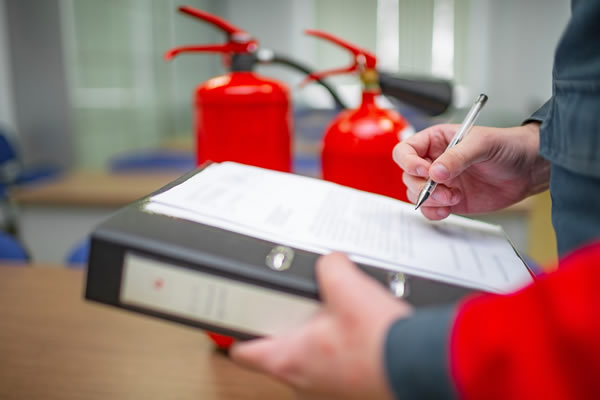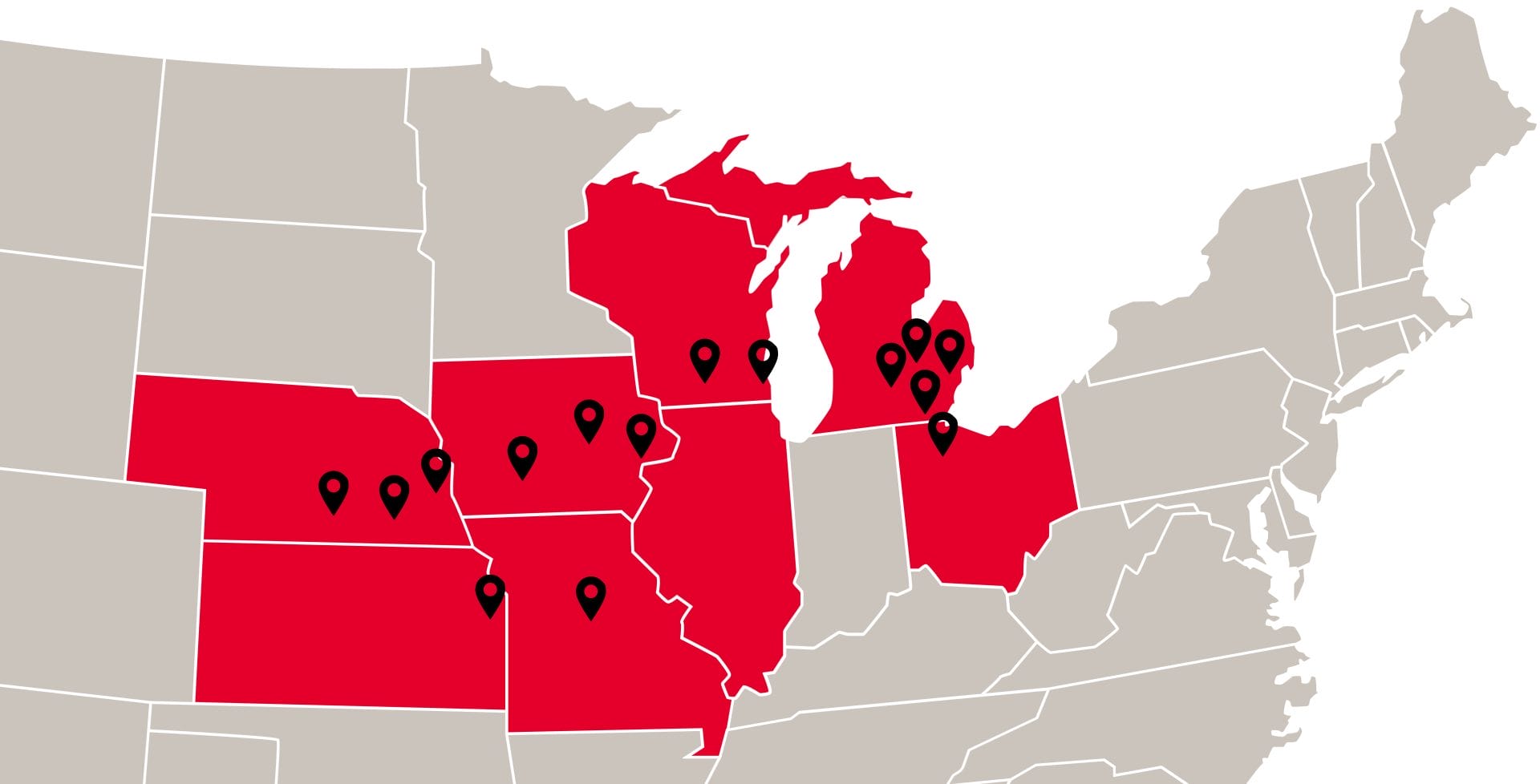
Access Control Challenges in College Dorms
In colleges and universities, student, faculty, and staff security is a primary concern. According to Campus Safety and Security Data, there was a combined total of 62,787 burglaries, robberies, and vehicle theft across U.S. college dorms in a two-year period.
These statistics have led schools to be on high alert, ensuring everyone on campus (and in student housing) is safe from harm. With so many college campuses extending over several acres, it’s more and more challenging to keep everyone safe. One solution to the problem is access control but it’s a job for the professionals. But, what is access control?
Understanding Access Control
Access control is a security technique that restricts access to an environment or facility. It essentially means allowing the right people in designated places at designated times and preventing anyone else from entering. By using a set of specific credentials to be granted access, such as fingerprint scans or keycards, only those who are designated can enter.
An excellent choice for student housing and other campus security, access control solves the following challenges.
Use of the Outdated Lock & Key
Many college dormitories still use outdated physical lock-and-key systems. The problem with this is that keys are easily lost and locks are easily picked or broken. This type of security system isn’t practical because there may be a number of doors inside the residence hall, meaning students are forced to carry multiple keys.
Digitizing access control systems is more economical. Most systems use keycards and biometrics. While keycards can be lost, too, access to a dorm building can be remotely canceled or suspended immediately. Plus, a lost or stolen card no longer means replacing the door locks.
The use of biometric locks adds another level of security because the system is almost foolproof. Because these locks use fingerprints, access to certain rooms and the dorm building itself is limited only to those with pre-approved biometrics. There’s no risk of losing a key or having it stolen and there’s no need to manually lock doors anymore. For places with high-traffic entrances like college dorms, access control is ideal.
High Student Turnover in Residence Halls
Many colleges and universities require their students to stay in campus-based residence halls for a designated number of years. Many students choose to move into their own housing once this period has passed. A high turnover rate means it can be hard for student housing property managers to keep up with who still has access to their buildings.
With an access control system in place, you don’t have to worry about collecting keys from students. You simply turn off their access.
Not Knowing Who’s Entering or Exiting the Building
Another problem that’s common in college dormitories is not knowing who’s coming and going. Regular keys can be wielded by anyone, so it’s a constant security risk. If a key gets lost or stolen, there’s no way of tracing its whereabouts or if it’s being used by someone else to come and go.
However, the use of keycards or biometrics to open doors leaves a digital record of a person’s entry into the building, including the time and point of entry. If something goes wrong inside, like theft, access control records will show exactly who was inside the building at that time.
This also makes access control systems a perfect companion to surveillance systems and monitored security cameras.
Unrestricted Access to Any Part of the Building
One of the biggest issues with building safety is the ability to limit access to parts of the building for certain periods of time. In most cases, students have 24/7 access to their dorm, especially if the building utilizes a lock and key system. A separate locking mechanism would be needed to restrict access to certain areas or during specific times.
With a proper access control system however, you can set specific time restrictions on your residents’ access to the building (all or parts of it). This allows you to grant access to specific areas to only the people who need it and only when needed. This feature is also beneficial for dormitories that set curfews. Because residents can only enter and exit until a specific time, they’re more likely to return before being locked out.
The numerous possibilities and configurations are customizable to your campus’s needs and this doesn’t have to be a stand-alone security measure. Access control pairs perfectly with our pre-event monitoring (CAPSOL) and mass notification systems (live broadcast of high-risk, life-threatening emergencies). Contact Midwest Alarm Services for help with making your campus fully secure!



